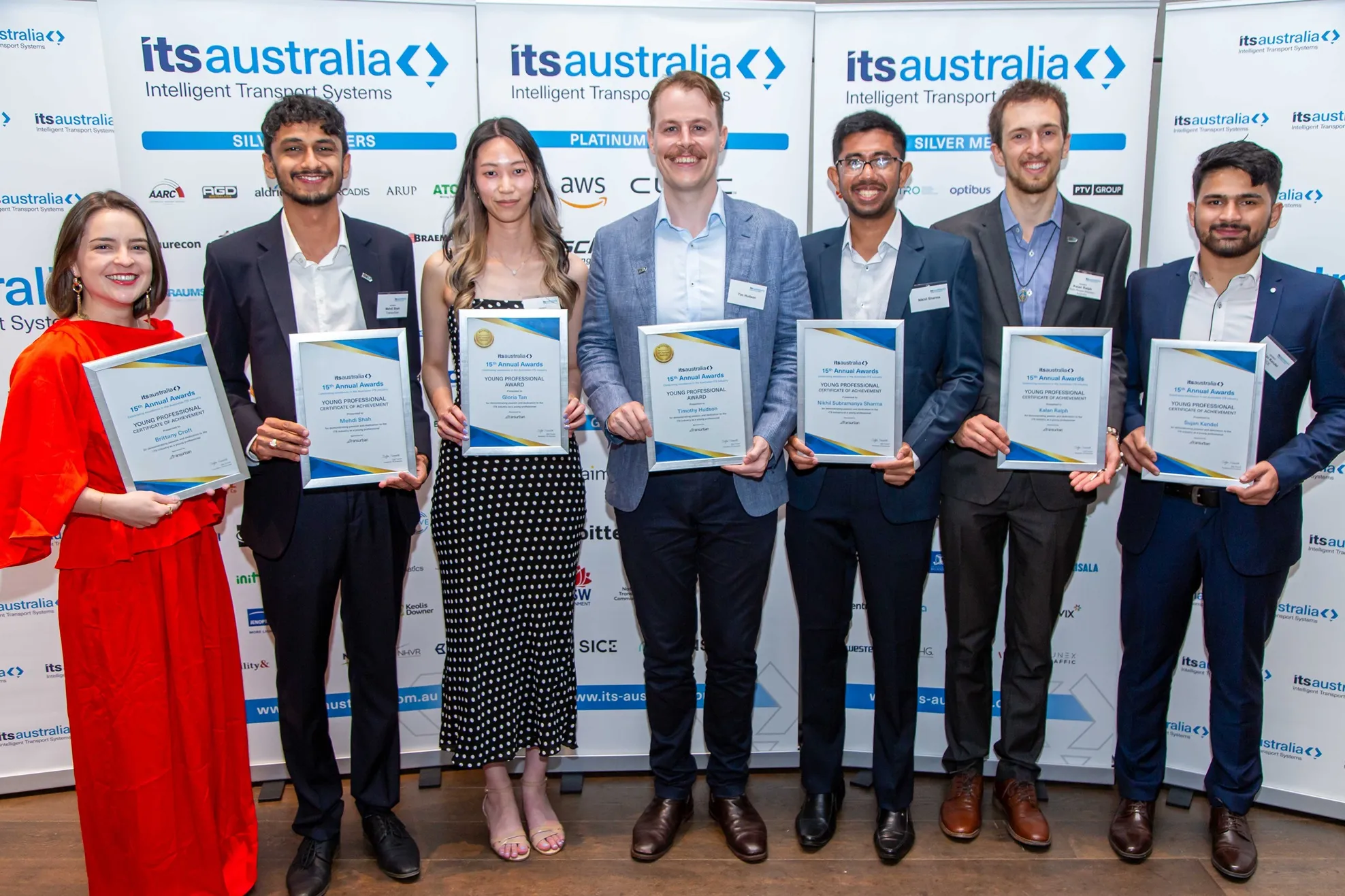Ford has announced the winners of its latest Innovate Mobility Challenge series, an open-innovation approach to discovering mobility solutions around the world and a key aspect of Ford Smart Mobility, the company’s program of innovation in mobility, connectivity and autonomy.
Winning solutions tackled mobility challenges including the delivery of healthcare, reducing traffic congestion and optimising the transportation of goods – all aimed at helping people overcome growing transportation challenges worl
January 9, 2015
Read time: 3 mins
Winning solutions tackled mobility challenges including the delivery of healthcare, reducing traffic congestion and optimising the transportation of goods – all aimed at helping people overcome growing transportation challenges worldwide. Winners included:
Smartaxi, developed by Federico Lopez Esquibel from Spain, won both the Grand Prize and the OpenXC Integration Prize, uses continuous analysis of live data to predict which areas have the highest demand for taxis – helping taxi drivers connect with new fares.
Grand Prize winner Mumbai Monsoon Helper, developed by Khyati Majmudar from India, combines such features as real-time weather and forecasts, information on the severity of flooding throughout Mumbai, and crowd-sourced information about conditions into a mobile app that can help commuters make smart decisions.
Crowd Park, developed by Liam Ronan from the United States is a crowd-sourced private and public parking app. This Grand Prize and Popular Choice winner aims to improve parking for drivers and lot owners by providing flexible pricing, real-time alerts for near-expired spots and more.
AppyParking, developed by Dan Hubert from the United Kingdom, centralises information such as parking restrictions, fuel stations, real-time space availability and more. This Grand Prize winner helps drivers spend less time and fuel searching for a place to park.
Other prize-winners include apps for health workers, multimodal integration, urban planning and adding value to vehicles.
“Ford has been enabling personal mobility since day one,” said Fields. “Now, more than ever before, Ford’s open-innovation approach, new technologies and a globally connected network of developers are enabling mobility solutions at an unprecedented rate.”
The challenges span the globe, from The Americas to China, Africa, Europe, Australia and India. Prizes exceeding US$200,000 will be awarded – as well as scholarships for entrepreneurial education in Argentina.
“One of the most thrilling aspects of the mobility challenges has been watching people come together from all over the world,” said Ken Washington, vice president, Ford Research and Advanced Engineering. “To see people in the United States getting involved with finding solutions in India or China, and vice versa, is a remarkable demonstration of what an environment of open innovation can accomplish.”
For each challenge, Ford worked with local experts to address the unique mobility needs of that location. Once the submissions came in, a panel of local experts and Ford executives involved in mobility solutions judged each competition.
“There’s no single solution for mobility challenges, which are – at their core – local issues,” said Washington. “Our goal with this series was to bring the global developer community together in the pursuit of creating a more sustainable and efficient transportation landscape for the future.”








